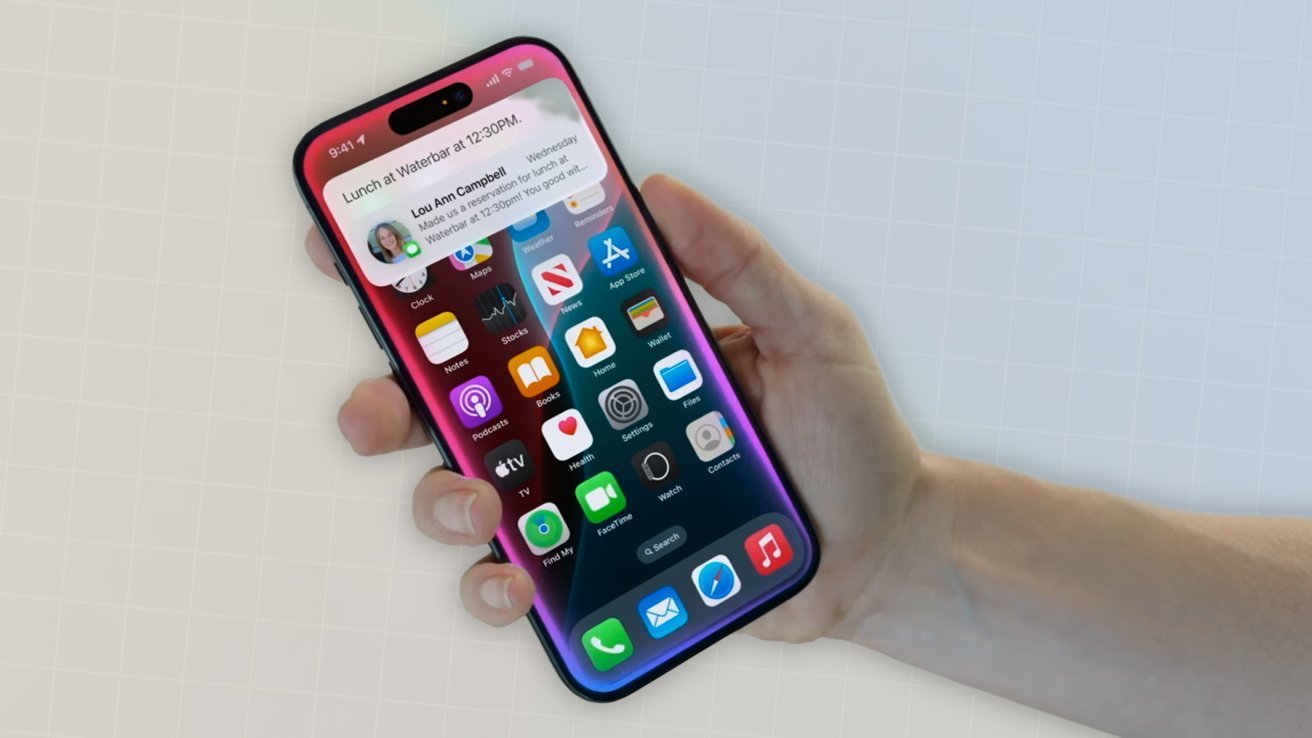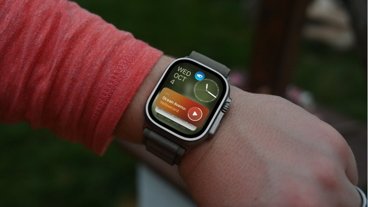The deal between Apple and local firm Baidu to bring a form of Apple Intelligence to China is reportedly faltering because of technical and philosophical privacy issues.
Apple Intelligence could provide the boost to iPhone sales in China that Apple needs, after years of decline and increasing local competition. But while Apple theoretically could go it alone with Apple Intelligence in the country, in practice it has to partner with a Chinese firm — and it's facing difficulties.
While it has now partnered with Baidu, after local media first denied it had, The Information says that the partnership is struggling. The difficulty includes how Baidu's large language models (LLMs) have been failing to provide the kind of responses Apple wants for typical iPhone user questions.
An example given is how Baidu AI would respond to a request for a restaurant recommendation by using the data it has been trained on. Apple wants Apple Intelligence to personalize the answer by taking into account what else the user is doing, and where they are.
Perhaps as a consequence, Baidu is said to want to improve its training — and so retain user data to achieve that. But Apple specifically will not allow that.
These failures are happening despite how Baidu is using its most advanced LLM, called Ernie 4.0. Also, where Apple is not paying OpenAI for its ChatGPT integration, it is paying Baidu.
This makes Apple now one of Baidu's largest customers, though the two firms have worked together for over a decade. In China, iPhone users use Baidu instead of Google for searches, for instance, so it makes sense for Apple to use them to circumvent any problems with China's regulators.
Just as with the US and the rest of the world, Apple wants to have Apple Intelligence working on-device as much as possible. Consequently the two companies are working on a smaller version of Ernie that would run on iPhones, and a larger one that will run in the cloud.
Apple Intelligence is already delayed to 2025 in China but the impact of these issues will affect more than its launch date. It's likely to have an impact on overall iPhone sales in the country too.
For while analysts such as JP Morgan say there are signs that iPhone sales are recovering in China, not all evidence agrees. Most recently, Apple saw iPhone sales drop by a double-digit percentage during China's Singles Day shopping event, beaten because of increasing competition from local rivals such as Huawei.
 William Gallagher
William Gallagher







-m.jpg)






 Christine McKee
Christine McKee
 Malcolm Owen
Malcolm Owen

 Charles Martin
Charles Martin


 Mike Wuerthele
Mike Wuerthele


-m.jpg)






6 Comments
That Apple thought privacy was feasible in China is delusional.
Just philosophical differences
"Most recently, Apple saw iPhone sales drop by a double-digit percentage during China's Singles Day
It would be great if AppleInsider stopped reporting unsubstantiated data like this as if it were established fact. It is not. Apple doesn't report its sales, period, full stop, except for the information it releases when reporting quarterly earnings. And the companies that claim to know Apple's sales, despite no input from Apple, all claim proprietary (and therefore unrevealed and unsubstantiated) methods and sources for their data, which is usually laced with meaningless language like, "unnamed supply chain sources say..." I'm not saying that the above speculation about Apple sales on Singles Day couldn't be correct, but it should be labeled as speculation.